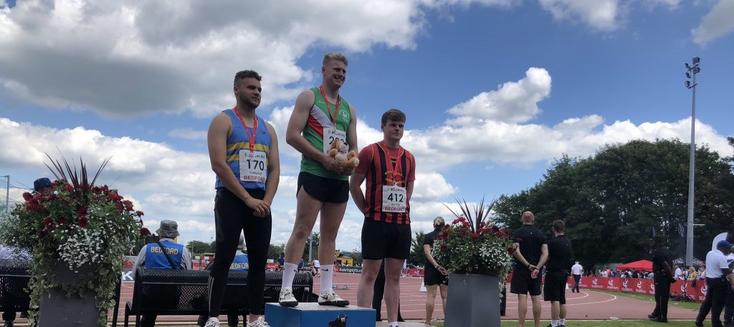
-
Introduction
Everyone knows the last few months have been stressful - and it’s been different for all of us.
On one hand, you see some peopl…
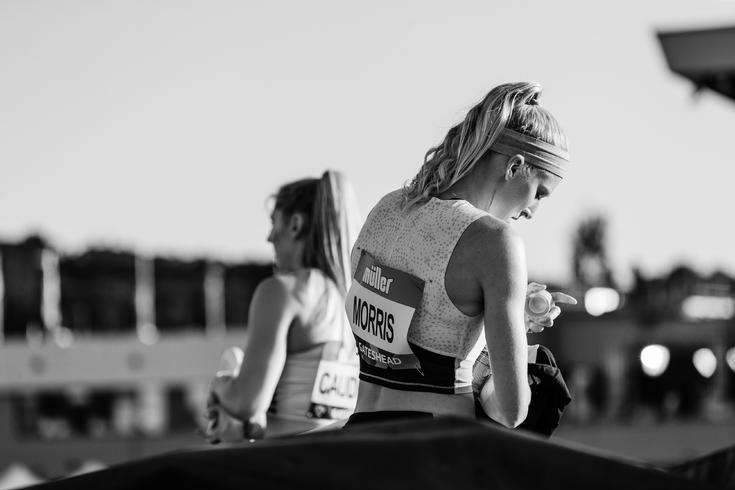
For the sake of being concise, I’ll start my story in 2017. That year was the high. I'd gotten married, I’d won my second British Masters M35 title ov…
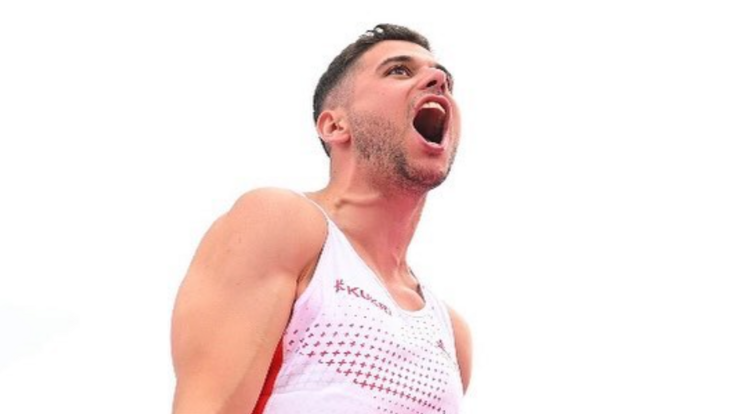
Let me start by saying, not a single professional athlete on the planet is healthy. Is it healthy to put that much stress through your knee every time…
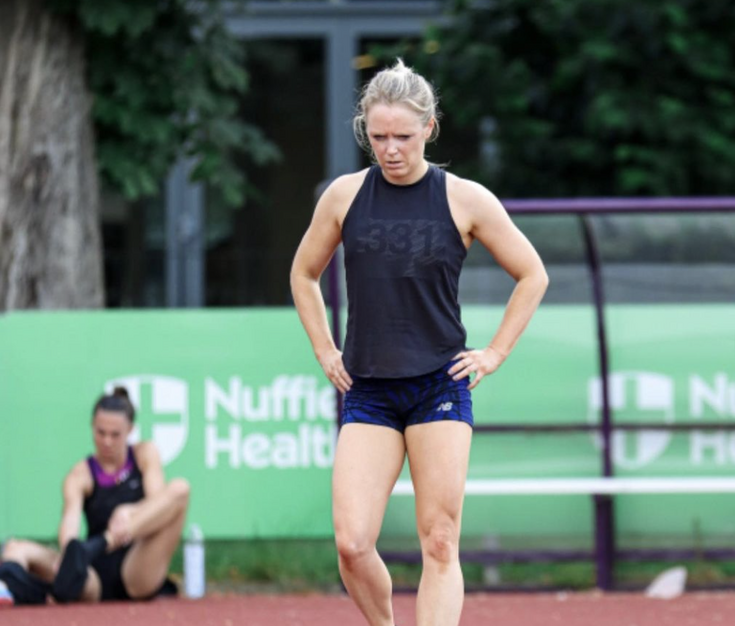
“Will I ever run again?”
It was the first question I remember asking when I woke up from a week long coma.
My name is Emma. I’m the athletics progra…
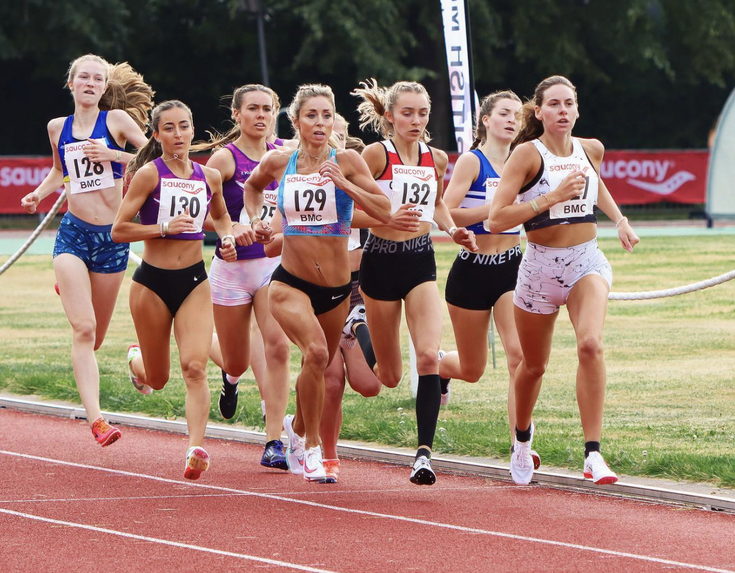
📸 by: @Sakurasportsmedia
What is RED-S?
RED-S stands for ‘Relative Energy Deficiency in Sport’. RED-S is caused when an individual’s dietary energ…
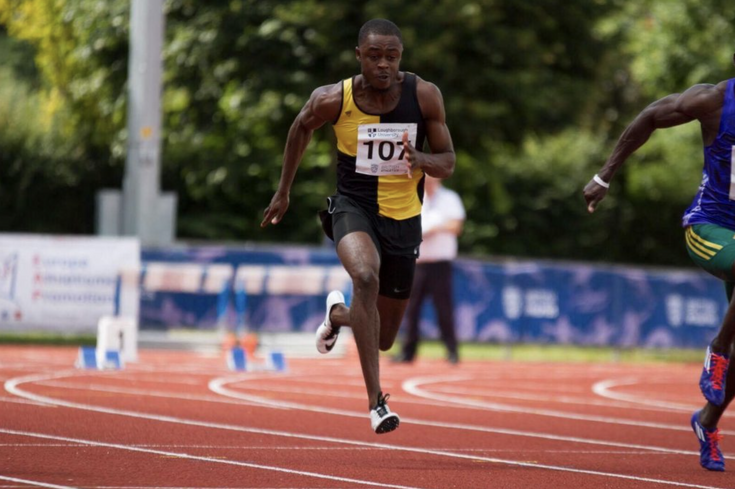
What’s up people, I begin this piece by sending peace to everyone reading this and introduce myself - my name is Daniel Oderinde and I am a former nat…
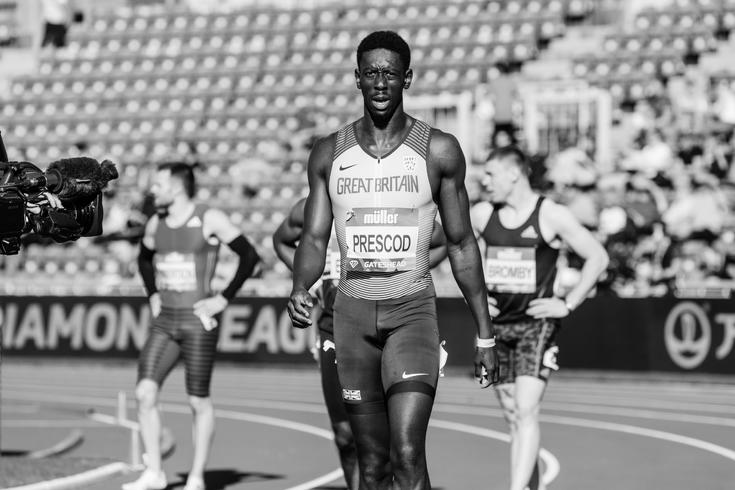
A guide for understanding Mental Health and Thriving in elite sport
The Olympic Games. A prestigious event in the sporting world that occurs every …
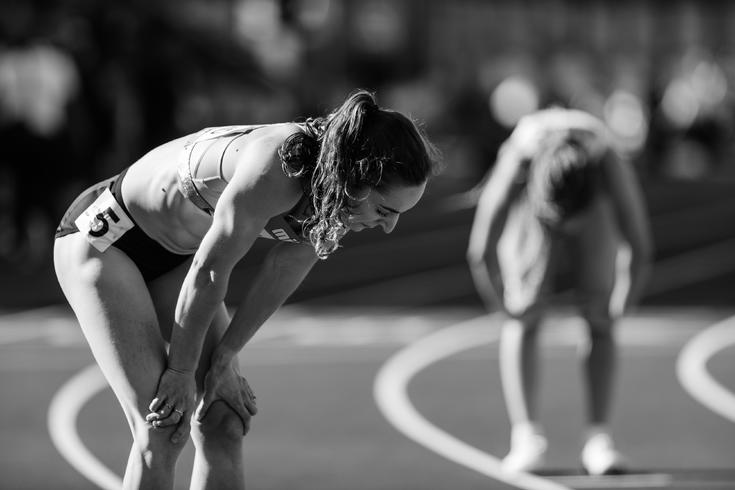
‘The Athlete Afterlife’ – how high performance environments allow a simplistic and successful transition to the world of work.
“Guidance for at…
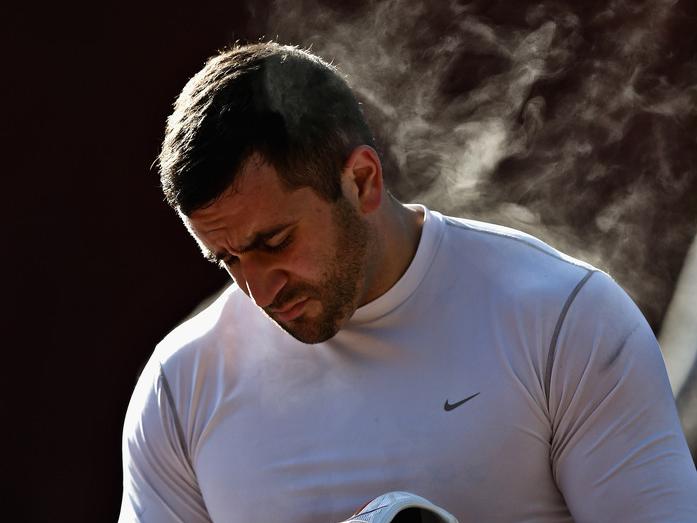
Following a late call up to the 2014 Winter Olympics in Sochi, Russia, where I was a spare and had to lose 12kg in 7 days to make weight, I returned…

